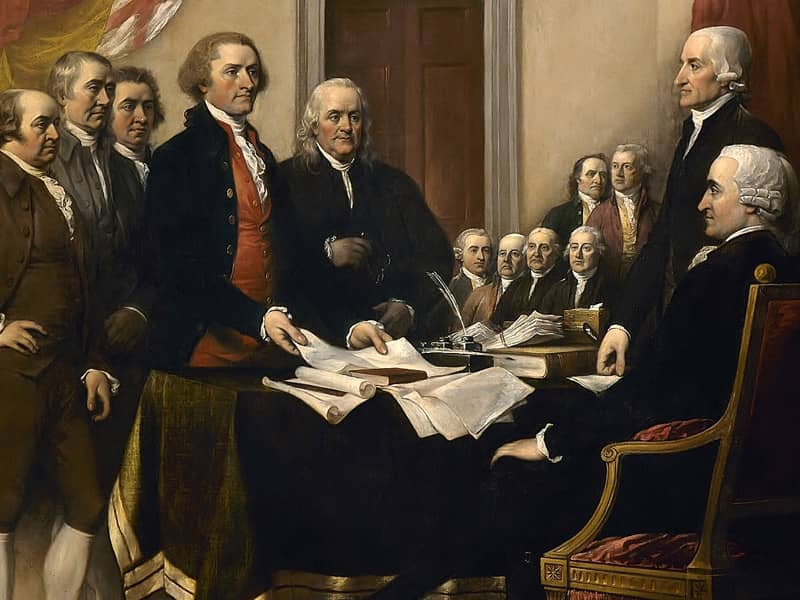First, "moral values" - which is code language for voter opposition to gay marriage and abortion - was the top concern among presidential voters (named by 22%, higher even than terrorism or the economy), according to national exit polling data. This is a remarkable finding, given that moral values barely registered as a campaign concern in national polls over the past several months. Clearly, religious conservatives turned out to vote in large numbers.
Second, anti-gay marriage initiatives on ballots in 11 states all passed with sizeable majorities (Oregon's 57-43 margin was the closest). This undoubtedly worked to the advantage of Bush - most importantly in Ohio, where support for an initiative banning gay marriage came in at roughly 62% overall and at 86% among white voters self-identifying as evangelical or as "born-again."
Third, Bush's support among African Americans was much higher in several key states Tuesday than in 2000. Exit polls indicate that Bush received 16% of votes by Ohio blacks (up from 9% four years ago) and 13% of votes by Florida blacks (up from 7% four years ago). Polls consistently show African Americans to be more religiously inclined than the rest of the population, and CBS' Ed Bradley speculated Tuesday night that Bush's opposition to abortion and gay marriage resonated among blacks. Indeed, 61% of African Americans in Ohio supported an initiative banning same-sex marriages.
Lastly, exit polls also indicate that Bush's support rose from 2000 among Catholics (up 5% to 52%) and Jewish Americans (up 6% to 25%). Put simply, people of religious faith gravitated toward Bush, or at least away from his Democratic Party opponent, in greater numbers than in 2000.
The merger of politics and conservative faith present in this administration culminates more than three decades of political engagement by U.S. religious conservatives. Ronald Reagan was the first president to be embraced by the Religious Right, but Bush's resonance with these voters - and the Republican Party's corresponding alignment with them - is unprecedented. Indeed, under Bush the Republican Party has picked up seats in the Senate and House of Representatives in 2002 and Tuesday night, strengthening conservatives' power. The Religious Right is now the ascendant political force in this nation.
In this context, several legislative and judicial developments become plausible. The likelihood of new appointments by Bush to the Supreme Court will provide an opportunity for the Roe v. Wade ruling to be revisited. A constitutional amendment banning same-sex marriage, with its clear electoral power, almost certainly becomes a central pillar in the Republican agenda. Stem cell research will remain in limbo, allowed but not encouraged.
In foreign policy, the president already consistently evinces a certainty that God's will corresponds with administration policies. Consider this claim by Bush in the third presidential debate: "I believe that God wants everybody to be free. That's what I believe. And that's one part of my foreign policy. In Afghanistan I believe that the freedom there is a gift from the Almighty. And I can't tell you how encouraged I am to see freedom on the march." The implication is clear: The administration's policies in Afghanistan and Iraq, where the president has consistently asserted that "freedom is on the march," are divine wishes.
Such rhetoric is attractive to the religious voters who support Bush and the Republican Party. These individuals have the potential to be a new political coalition in the United States. If this is so, then at least we might hope that Bush and others who seek to fuse faith and policy would recall the words of St. Augustine of Hippo to a student: "I wouldn't have you prepare for yourself any way of grasping and holding the truth other than the one prepared by him who, as God, saw how faltering were our steps. That way is, first, humility; second, humility; third, humility; and as often as you ask, I'll tell you, humility."

